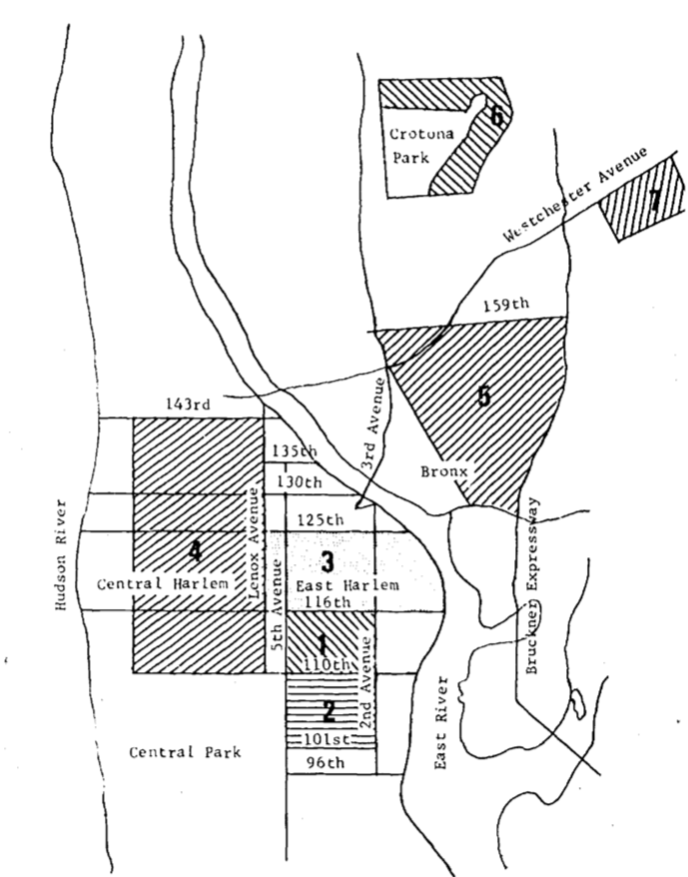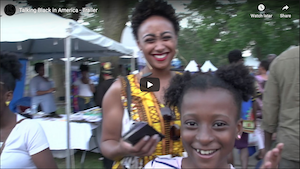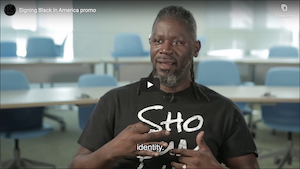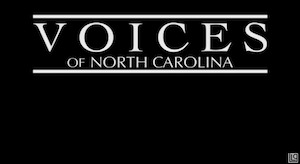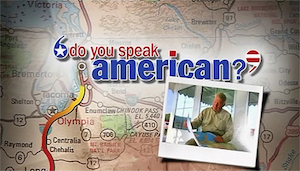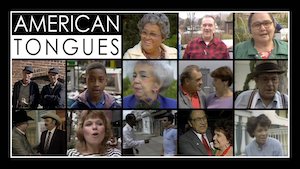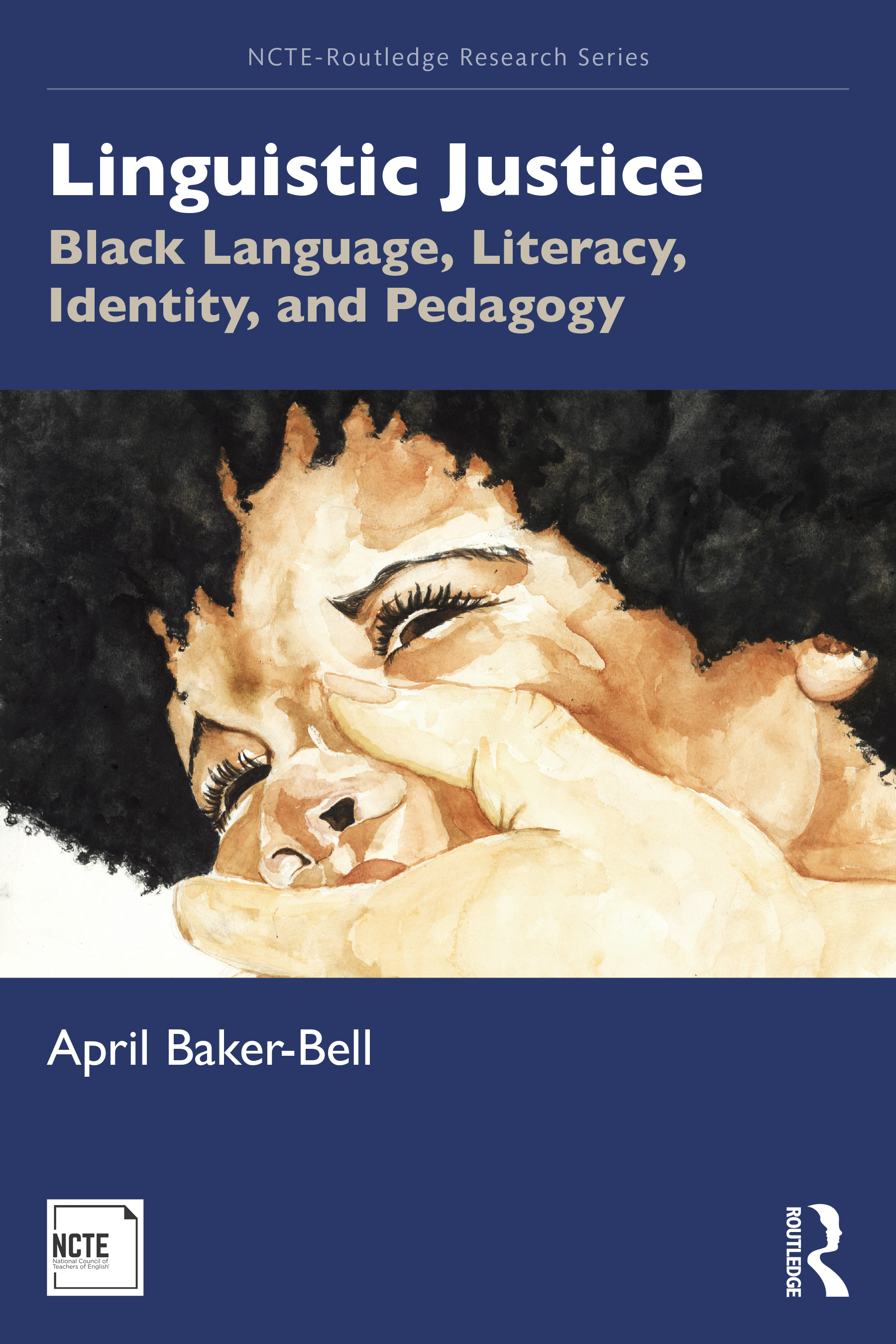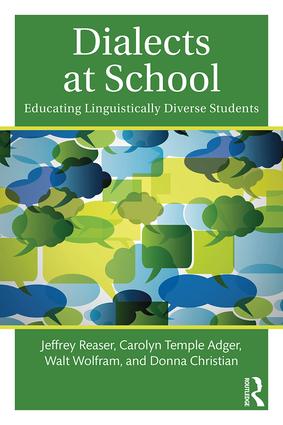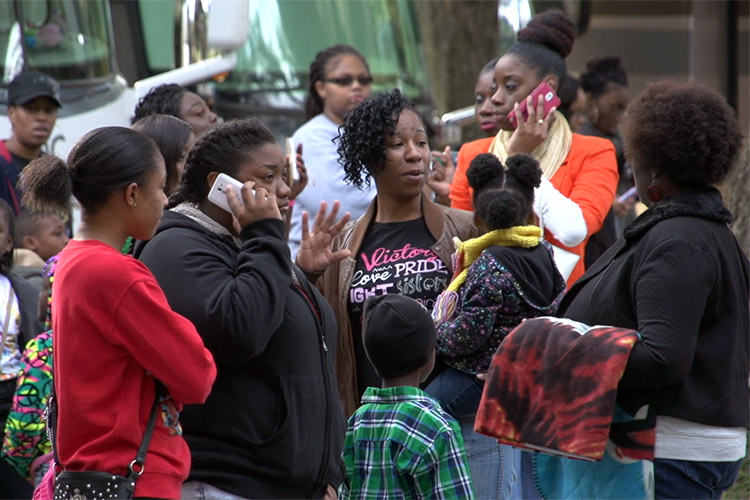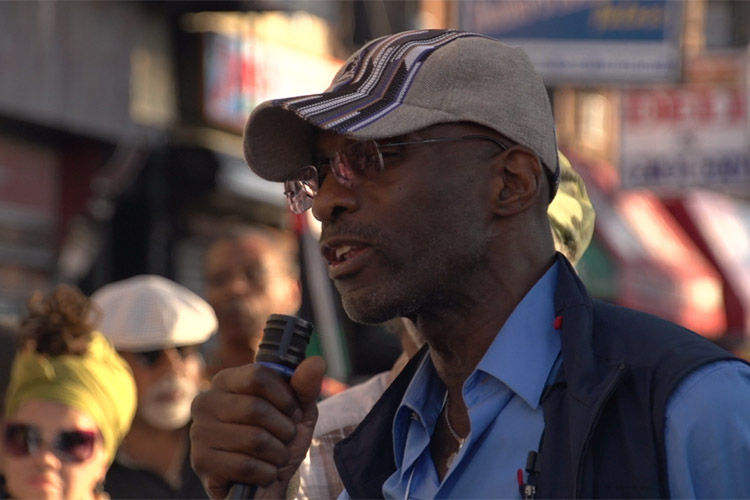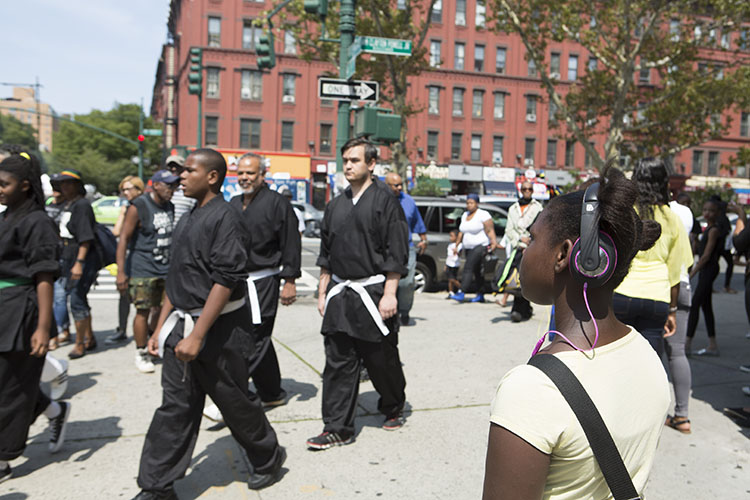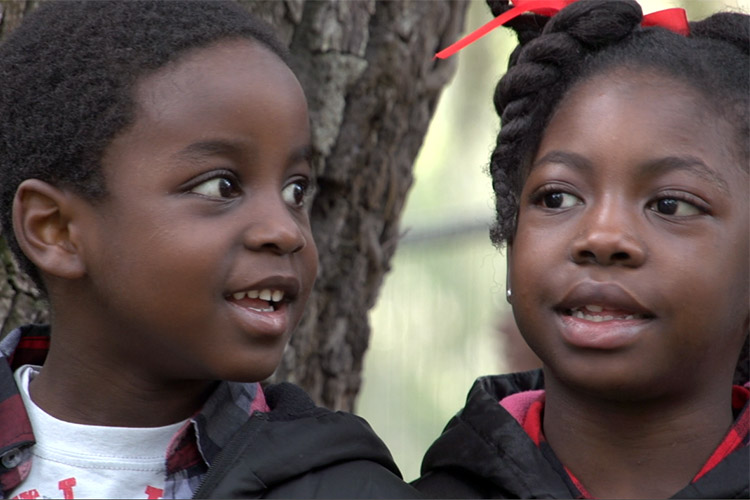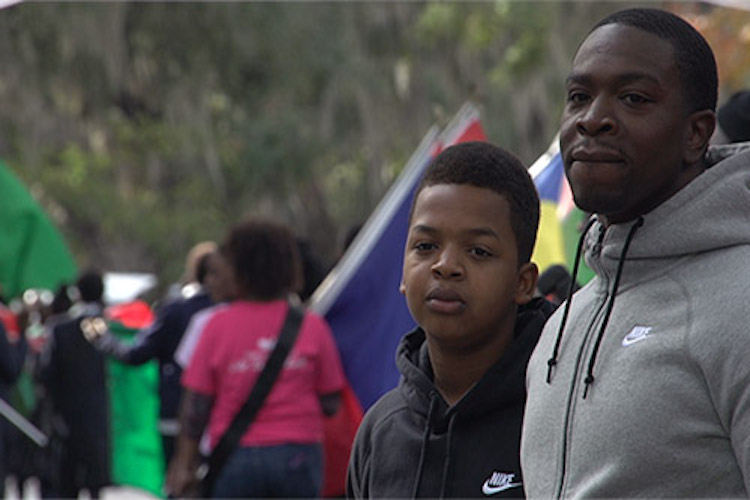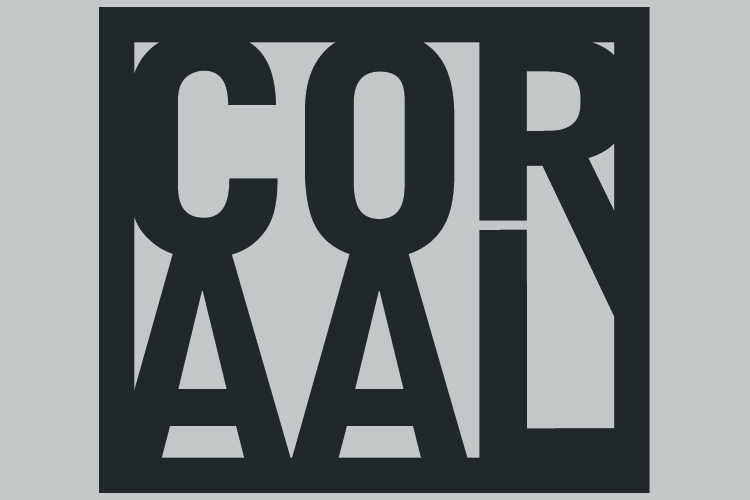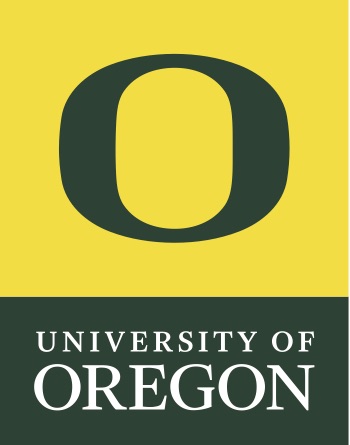External sources includes a wide variety of sources, including sociolinguistic recordings, oral histories, and conversations. Each source listed below includes information about accessing the recordings, recording availability, and external links for further information. If you are looking for downloadable audio with time-aligned transcripts, please see what is available via CORAAL.
The following data sources list was prepared by Charlie Farrington and Jaidan McLean. Please contact us at OnlineResourcesAAL@gmail.com if you want to suggest more sources to add to this list or you want to include your own data!
African American Writers 1892-1912 (AAW) Corpus
From the Corpus Linguistics in Context (CLiC): "The CLiC Fiction project team (Professor Michaela Mahlberg and Research Fellow Viola Wiegand) have compiled this corpus in collaboration with Nicholas J. Rosato and Claiborne Rice of the University of Louisiana at Lafayette, who had the idea for this corpus and prepared the text files." (Source) This corpus contains novels by Charles W. Chesnutt, Paul Laurence Dunbar, Sutton E. Griggs, Frances E.W. Harper, and James Weldon Johnson.
American English Dialect Recordings: The Center for Applied Linguistics
The American English Dialect Recordings collection, available online through the Library of Congress, contains 118 hours of recordings documenting North American English dialects. These include a variety of speech styles, including linguistic interviews, oral histories, conversations, and excerpts from public speeches. They were originally collected as part of Donna Christian's "A Survey and Collection of American English Dialect Recordings" funded by the Center for Applied Linguistics and the National Endowment for the Humanities.
The following page includes links and demographic information about all of the African American speech samples included in the collection.
For access to the African American speakers available in this collection, please visit Charlie Farrington's American English Dialect Recordings page on ORAAL! Here you will find direct links to Library of Congress pages, which contains both mp3 and wav files.
Donna Christian's American English Speech Recordings: A Guide to Collections (Available via ERIC) is a directory of collections of audio recordings. This extensive directory gives a state-by-state breakdown of recordings. Published in 1986, this gives background information to the audio available through the CAL digitized collection.
Asheville 1974
Asheville 1974 is a dataset of sociolinguistic interviews collected by Ronald Butters in Asheville, North Carolina. Forty six recordings were made between May 1974 and August 1974. There are nineteen African American speakers, who are born between 1889 and 1960. Please note that there are young males and older females in the dataset. Located in Western North Carolina's Blue Ridge Mountains, Asheville's population in 1970 was nearly 58,000, and it was home to the Allen School, a notable private school in North Carolina that served black students during segregation in the public school system. These recordings are password protected, but can be accessed through the Sociolinguistic Archive and Analysis Project.
Butters, Ronald. 1981. Unstressed Vowels in Appalachian English. American Speech 56.2: 104-110.
Behind the Veil: Documenting African American Life in the Jim Crow South
Duke University's "The Behind the Veil Oral History Project" was undertaken in 1993 to 1995, funded by the National Endowment for the Humanities. From Duke: "The primary purpose of this documentary project was to record and preserve the living memory of African American life during the age of legal segregation in the American South, from the 1890s to the 1950s". "Four hundred and ten of the 1,260 interviews have been digitized and made available on this site totaling about 725 hours of recorded audio. One hundred and sixty five of hte interviews include transcripts comprising more than 15,000 pages of text." The digitized recordings are available freely online, but lossless (e.g., .WAV) recordings can be requested and made available to researchers.
Behind the Veil: Documenting African American Life in the Jim Crow South Digital Collection, John Hope Franklin Research Center, Duke University Libraries.
Detroit Dialect Study
The DDS was a foundational study of social stratification in American English in which Roger Shuy and colleagues recorded over 700 white and Black Detroit residents to determine linguistic patterns at play across ethnicity, sex, social class, and age, and the outcomes have informed work on education policy regarding vernacular American English dialects.
The newly digitized recordings will be available via the Sociolinguistic Archive and Analysis Project (SLAAP).
Dictionary of American Regional English
Between 1965 and 1970, fieldworkers for The Dictionary of American Regional English (DARE) conducted interviews with nearly 3000 informants all across the country. The resulting recordings, which consist of both conversational interviews and the Arthur the Rat reading passage, were digitized, anonymized, and made available through the University of Wisconsin-Madison Libraries Digital Collections.
The link below includes links and demographic information about all of the African American speech samples included in DARE.
For access to the African American speakers available on DARE, please visit our DARE page on ORAAL! Here you will find direct links to the UW page as well as extensive demographic information.
DARE interview files are available in mp3 format from the University of Wisconsin Library. Download CORAAL from CORAAL.
Oregon African American Railroad Porters: Oral History Collection
This oral history collection consists of 20 primary speakers across 30 recordings, two of which are from a Senior Citizens Association Meeting and include multiple unknown speakers. While the African American population in Oregon is quite small, the economic impact the community has had on Oregon has been substantial through the railroad system. These recordings were conducted in the 1980’s, with a brief description of the interview's topics provided. Audio files and transcripts are available through the Oregon State University Collections and Archives Research Center.
Oregon State University. 2016. African American Railroad Porters Oral History Collection (OH 29). Corvallis, OR: Oregon State University Special Collections and Archives Research Center.
Roanoke Island
Roanoke Island, North Carolina recordings were made in 2003 by members of the Language and Life Project. There are 35 African American speakers in the SLAAP Roanoke Island project, including twenty males and fifteen females, born between 1921 and 1991.
From The Language and Life Project: "Roanoke Island, a thirteen-mile island in the Croatan and Roanoke Sounds, located between the Outer Banks and the mainland coast of North Carolina, is well known as the site of the Lost Colony, where the first settlement of British colonists disappeared in 1587. The untold story of Roanoke Island, however, is its role in the development of Outer Banks African American speech. During the Civil War, the 1862 Battle of Roanoke Island ended Confederate resistance along the Outer Banks and stripped the Confederate army of one of their most vibrant maritime routes for provisions. This Union victory also escalated an influx of freed and runaway slaves to the North Carolina coast and compelled the creation of the Freedmen's Colony of Roanoke Island. The goal of this Freedmen's Colony was to establish a self-sufficient African American community. By the end of the Civil War, the population of the Freedmen's Colony of Roanoke Island was nearly 3500. Unfortunately, the colony was disbanded when the former residents of the island demanded their land back after the war. Following the forced disintegration of the Freedmen's colony, about 300 African American residents remained on Roanoke Island. Many of the approximately 250 current African American residents of Roanoke Island can trace their ancestry back to these people who remained on the island from the Freedmen's Colony."
Carpenter, Jeannine. 2004. The lost community of the Outer Banks: African American speech on Roanoke Island. Master's thesis. Raleigh: North Carolina State University.
Robeson County
The Language and Life Project conducted interviews with over a hundred Robeson County, North Carolina speakers. There are 23 recordings of African American speakers in the SLAAP archive, including six males and seventeen females. Robeson County is a tri-ethnic community located on Interstate 95 near the South Carolina border. Native Americans comprise approximately 40 percent of the county population, African Americans 25 percent, and Anglo Americans the remaining 35 percent.
From The Language and Life Project: "According to historical records, early Anglo settlers from the Scottish Highlands, some of whom were Gaelic speakers, found the Lumbee, the Native-American group within the county, speaking English when they arrived in the Robeson County area in the 1730s. A group of African Americans, including both runaway and free slaves, was also scattered in the region at the time, so that the three ethnic groups have lived in this region for almost three centuries. The ethnic relations of the three groups have shifted through time in response to various sociopolitical events, including the desegregation of county school in the early 1970s. Despite some increase in intercommunication among the three ethnicities, ethnic boundaries remain strong; and Robeson County in large part continues to exist in a state of de facto segregation into three ethnic communities."
Wolfram, Walt, and Clare J. Dannenberg. 1999. Dialect identity in a triethnic context: The case of Lumbee American Indian English. English World-Wide, 20.: 79-116.
Rochester Voices
Rochester Voices is the home of the Phillis Wheatley Public Library Oral History Collection. These oral history recordings, done between 1978 and 1981, highlight the public contributions of African Americans in the Rochester area focusing on occupations, attitudes and roles in the community, discussing things like housing discrimination, segregation, and employment barriers. These recordings nicely completement CORAAL's Rochester component of recordings made by Dr. Sharese King in 2016!
For information about the speakers in the Rochester Voices collection, visit our Rochester Voices page on ORAAL. Here you will find direct links to the audio pages as well as demographic information.
Recordings are available to stream at www.rochestervoices.org, and WAV files of recordings are available upon request.
Voices Remembering Slavery: Freed People Tell Their Stories
This collection consists of 23 primary speakers across 63 recordings. The age of the speakers range from 1842 to 1882, with the majority being over 80 years old. These recordings were taken between the years 1932 and 1975, and across 9 states.The individuals discuss their life of enslavement and life after freedom, and some sing songs that they learned as slaves. Unfortunately, not all of the recordings are clearly audible due to background noise and microphone issues. Some time-aligned transcripts of these recordings are available through the Sociolinguistic Archive and Analysis Project.
Bailey, Guy, Natalie Maynor, and Patricia Cukor-Avila (eds.). 1991. The Emergence of Black English: Text and Commentary. Amsterdam/Philadelphia: John Benjamins. https://doi.org/10.1075/cll.8
Wilmington 1973
Wilmington 1973 consists of 79 individual interviews across 79 recordings. This collection was collected by Ronald Butters in Wilmington, North Carolina between July 1973 and August 1974, and includes speakers born between 1893 and 1957. There are 31 African American participants, including 20 males and 11 females. Located on the southern North Carolina coast, sitting along the Cape Fear River, Wilmington's 1970 population was just over 46,000, and was 34.3% African American. These recordings can be accessed through the Sociolinguistic Archive and Analysis Project.
Butters, Ronald R. and Ruth A. Nix. 1986. The English of Blacks in Wilmington, NC. In Michael B. Montgomery and Guy Bailey (eds.), Language Variety in the South: Perspectives in Black and White. Tuscaloosa: University of Alabama Press, 254-263.
Thomas, Erik R. 1989. The implications of /o/ fronting in Wilmington, North Carolina. American Speech 64: 327-333.
Back to top of page
Charlie Farrington, March 2023 (last update)
